On Saturday, April 14, the second Pan-African Town Hall Meeting of 2018 was held at the historic Arch Social Club, located in the Penn-North neighborhood of West Baltimore. The Town Hall Meetings were originally started in Maryland in 2007 by the Sixth Region Diaspora Caucus (SRDC) to bring the grassroots Afrikan-Descendant community in Maryland together, hear their concerns, share SRDC’s plan for establishing the Diaspora’s voice in the international arena, and establish a representative delegation from the state of Maryland that would include Representatives (from whom might come Diaspora Representatives to conferences of world bodies such as the African Union), Observers (who would take the place of Representatives in the event they are unable to continue) and a Council of Elders. Other states where this plan has been put into motion follow a similar procedure, holding their own Pan-African Town Hall Meetings as they are able.
From 2007 to 2016, the Maryland SRDC held Town Hall Meetings at a rate of approximately one or two per year. In the year 2017, SRDC picked up the pace in Maryland, holding five between June and December. At the December Town Hall, a Maryland Council of Elders (MCOE) was nominated and confirmed. In 2018, there have been two Town Hall Meetings held, the April 14 session being the second. They are now co-sponsored by SRDC and the MCOE, with the MCOE’s chair, Baba Rafiki Morris, presiding over the sessions.
The April 14 meeting invited several speakers to make presentations. Bro. Dayvon Love of Leaders of a Beautiful Struggle (LBS) spoke about the recent legislative effort around the 2018 Maryland Comprehensive Crime Bill which was largely defeated by opposition from activist organizations and the Legislative Black Caucus (though the Democratic Party leadership was able to “sneak” some key provisions into an unrelated expungement bill). Bro. Thomas Ruffin of the International Coalition of Black Lawyers also spoke about the Crime Bill, but also about the need to increase the pressure on local legislators and politicians to force them to enact policies that benefit the community instead of injuring it. Rev. Dr. Mankekolo Mahlangu spoke about her experience as an activist and freedom fighter in /south Africa in opposition to the apartheid regime and gave a tribute to recent Ancestor Winnie Mandela. And Baba Mukasa Dada (Willie Ricks) spoke about the history of revolutionary resistance.
This was perhaps the most successful Town Hall Meeting in the 11 years in which SRDC has worked to organize in Maryland, with members of a variety of neighborhood, civic and revolutionary organizations in attendance. This article will provide details on the presentation about the 2018 Maryland Comprehensive Crime Bill by Bro. Dayvon Love of Leaders of a Beautiful Struggle (LBS). Future articles will discuss some of the other presentations made that day.
Dayvon Love, Director of Public Policy, Leaders of a Beautiful Struggle (LBS)
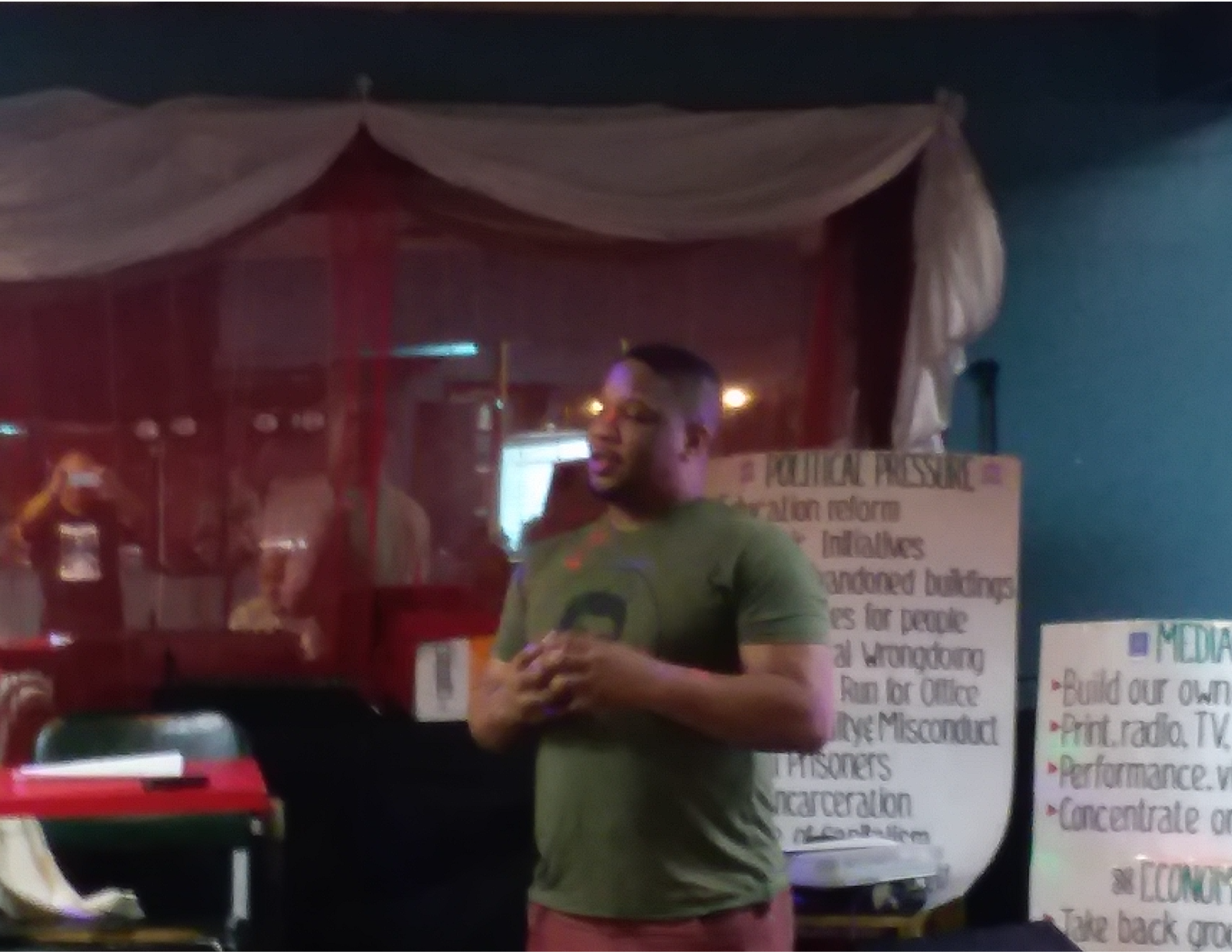 “We are a grassroots think tank that explicitly advocates for the interests of Black people in the political arena.
“We are a grassroots think tank that explicitly advocates for the interests of Black people in the political arena.
“I’ll just talk a little bit about our fight against the Crime Bill … and I’ll talk a little bit about the work with the Baltimore City Youth Fund.
“In terms of the Crime Bill, this past summer, there was an effort in Annapolis, and a lot of our legislative work takes place in Annapolis. There was an effort in Annapolis in response to the high homicide rate in 2017 to develop this comprehensive package on crime. And one of the things we know throughout history, particularly in the 80’s and 90’s, is that the typical response to crime was to increase the length of time that folks are incarcerated, throw more people in jail. And we have essentially a couple of decades of data that shows that just throwing people in jail not only doesn’t solve the problem, but actually makes things worse.
“And we anticipated that there were going to be a bunch of ‘tough on crime’ measures that would come down through the political establishment and leadership, and so we knew that one of our legislative priorities this session was to fight back against any type of ‘tough on crime’ policies, particularly those kind of policies that focused on mass incarceration.”
The Original Comprehensive Crime Bill: SB 122
“So, what ended up happening, the session began, the Governor [Larry Hogan] introduced three pieces of legislation. One piece of legislation increased mandatory minimums from five years for a crime of violence with a gun … to a mandatory ten, and wanted to increase the maximums from 20 to 40. He also introduced a piece of legislation that made it so that juveniles were automatically charged as adults for a series of crimes. And he also introduced a piece of legislation that had what were called ‘gang statutes’. So, attempting to throw more time on folks who they thought were affiliated with a gang.”
The Promotion of the Crime Bill through the Maryland Senate
“So what ended up happening, we have a Republican Governor, but our Legislature, State Senate and House of Delegates, are controlled by the Democrats. So you have [Thomas V.] ‘Mike’ Miller who is in charge of the State Senate and you have Speaker Michael Busch who is in charge of the House of Delegates.
“What happened on the Senate side was that Bobby Zirkin, who was the chair of the Judicial Proceedings Committee — he is a Democrat who represents the area of Baltimore County that is Pikesville-Owings Mills. What he did was he took pieces of the Governor’s packet and mixed a bunch of other measures in. Measures that he thought might make folks like us and other organizations satisfied. So he included funding for programs like Safe Streets. But he combined that with some of the measures around increasing mandatory minimums. And so Zirkin created this bill that was Senate Bill 122. So the Governor supported it after they pieced it together. It was pieced together in a back room.
“So, every bill has to have a hearing when it comes from the Legislature. What [Senator Zirkin] did was that, after the Governor’s bills were heard, he took an unrelated bill — so Senate Bill 122, when it came into the Legislature, was a completely different bill. What he did was, he amended the bill to change the name and change what it did, so that by the time it got to the Senate floor, it was this Comprehensive Crime Bill. So we didn’t get a chance to actually speak out against the bill. We spoke out against the Governor’s bills, but he manipulated the procedure in such a way that we didn’t get an opportunity to testify against this particular bill. It flew off the Senate floor quickly, and so then it was in the House.”
Criticisms of SB 122
“So, there are a couple of problems I want to outline in terms of how we should address crime. Because, the thing that we kept getting was, if this isn’t the way then what is the way? And so, there are a couple of things that we put forward. One of the things was, we said, if you talk to a police officer, most police officers know who the people are that are driving by [and shooting]. The issue is that the police department is inept and corrupt in terms of their ability to actually get good charges on the people that folks know are committing violence in our communities. And as many of you are aware of the Gun Trace Task Force, they founded that unit within the police department that was robbing people, planting guns on people, selling drugs. And so, a part of what we said was, if you really want to address violence, you have to address the police and the ways in which, in many ways, they increase crime, contribute to it, and have a police force that can actually make people feel confident that witnesses will be protected. So those are the two things that we said, that plus investments in things like Safe Streets, community-based anti-violence programs.
“So our argument was, if you’re serious about addressing crime, those are the things that we should do. The other problem is [with] increasing mandatory minimums from five years to ten. What we argued was that increasing those sentences, you’re not going to get the people [who are] doing violence. You’re going to get the people on the periphery. The people that just happen to get caught up. And those are the folks that are better served outside of prison, outside of incarceration.
“So that was the big push in our criticism as to why this crime package was problematic. And again, what Zirkin preserved in his version was the increase in mandatory minimums from five years to ten, and increasing maximums from 20 to 40.”
SB 122 Meets Opposition in the House of Delegates
“So it got over to the House. It went through an arduous committee process. The Black Caucus — for those who don’t know, Maryland is a third Black — we have out of the almost 200 representatives, we have about 55 representatives. So there is a pretty substantial Black Caucus. To the Black Caucus’ credit, they took an official stance against the Crime Bill. And when they took an official stance against the Crime Bill, the Latino Caucus followed suit and took a stance against the Crime Bill. And so that functionally killed the Crime Bill in the House. So it was a big victory. It was one of the few times the Black Caucus used its power in order to do something in the interest of Black folks. We look forward to working with the Black Caucus in the future to cultivate that power.”
Democrats Sneak Pieces of SB 122 through the House
“What the leadership did was that this was the Thursday of the week before Session. The Democratic Party leadership had a closed-door meeting with the Black Caucus, trying to force them to change their vote. Fortunately the Caucus stood strong, and decided not to change their vote. So what the leadership did was that they took a piece of the mandatory minimums provisions in the bill that we killed, put it in an unrelated expungement bill, so the piece about increasing mandatory minimums from five years to ten years, they amended it onto an unrelated bill on the floor of the House and rushed it through, all in the same day. So there were legislators who had not even read the updated bill because they just pushed it so quickly.”
Pushing Back Against the House Maneuver
“And so, we’re going to approach some lawyers to try, because one of the things is that we think they’ve violated the Maryland Constitution. You’re not supposed to be able to amend a bill on the floor in a way that makes it different than how it comes into the Committee. So we’re going to try to have some litigation, at least to let the leadership know that they just can’t change bills around.
“So overall, we were successful in stopping Senate Bill 122 but they were able to get that one piece and provision in there. We were able to stop the increase in the maximums. But I think it was a really good show of force and power of the Black Caucus in the Legislature which typically they don’t use very often. But it just goes to show the kind of power that they have.”
The Baltimore City Youth Fund
“Quickly, on to the Baltimore City Youth Fund: the Youth Fund was voted in, by the voters, in November of 2016. Three percent of the City’s budget goes into a fund specifically for children and youth that amounts to about $12 million a year. Adam Jackson, who is the CEO of LBS, was the co-chair of the Task Force. The Task Force outlined the framework, because the voters who voted on the Youth Fund voted on its existence, but there wasn’t a specific structure that went along with it. So the Task Force was responsible for developing the structure by which the Youth Fund would be produced.
“We were very clear that we wanted these dollars to go to organizations that traditionally don’t get the dollars. One of the things that we’ve been very big critics of is the Nonprofit Industrial Complex in this town and the way that the White-led big-box nonprofits suck up all the money and create a dynamic where, unfortunately, a lot of folks that are doing the work don’t have the resources to sustain the work at a level that can properly serve our communities. So we just had a series of design sessions. We’re going to be in the process of recruiting folks in the community that are going to be a part of the process of making decisions about where money goes.
“And a Request For Proposals will be going out towards the end of May. The onboarding of residents for making decisions about the Fund will happen around June. Decisions about the resources will be made towards the middle to end of July. And money will start flowing in the fall.
“So those are the two major efforts that we’ve been working on.”
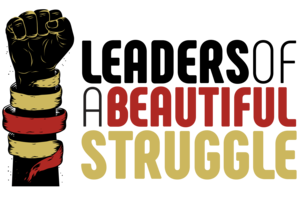
Questions and Answers
Q: How does LBS determine organizations to receive funds through the Youth Fund?
A: “A part of what the task force decided was, you have a lot of folks that are typically in the position of making decisions that are like non-profit professionals, people whose credentials come from whatever academic schooling they went through. Or their relationships to the corporate sector. What’s very explicit in the task force is that people who are making decisions about money are people that are practitioners, people that are in close proximity to the community, people that have immersed themselves in the community in such a way that they have an understanding of the assets and strengths that exist in the community and in the neighborhoods. So that’s the general frame that we’re looking at. Trying to challenge the way in which folks who have good ideas, who have been around for a while, people who understand the community … get shut out of the process. So that’s the overarching piece, but we’re still in the process of, and we’ll probably have it by the time the RFP comes out, we’ll have point by point, exactly what those criteria will be.”
Q: Why is the community so involved with Crime Bills but they don’t go to the root of the community? What about those of us who are seniors or others who are afraid of crime? Why not build a new police station at Pennsylvania and North Avenues to clear the criminal element from the very corner where this establishment, the Arch Social Club, is struggling to survive and thrive? Victims of murder, assault and home invasion are being overlooked. Problems that cause people to go to jail are not being dealt with. What about the “little person” who is a victim of crime and who is afraid to testify against criminals?
A: “Three things. The first is that when Martin O’Malley was elected mayor and there was a time of unprecedented violence, he ran on a tough-on-crime approach. Part of the problem wasn’t to address crime. The problem was that politically, he was giving our community two choices: more police or less police. So a big part of what we’ve advocated for are community-based anti-violence programs where you take people that were formerly involved in that, people who are credible messengers, and have them be at the front line in terms of resolving a lot of conflicts. I’ve been involved with a lot of young people who have been engaged in violence, but it wasn’t people who were hardened criminals. These are people that don’t have the networks, they don’t have the support system necessary to be able to address those conflicts before they escalate into what they become. And you just have a lot of young folks that don’t have mentorship, don’t have people in their lives. … So this isn’t to excuse folks who engage in those acts of violence but I think there’s one piece of it where police should be like the last resort. And a part of why it was important for us to do the Youth Fund work is to direct resources to people that will be better at getting people from committing these acts of violence. Safe Streets and other programs like that.
“So that’s one piece. Another piece is that, you mentioned witness protection. I testified in front of the [Legislative] Committee, saying that increased resources to witness protection would go a long way. So when I talk to police officers off the record, the thing that all of them consistently say is that, if they could just get witnesses to go to the [witness] stand [and testify], they would be able to put away a lot of the people they know are committing the murders. When I talk to the legislators about investment in witness protection, what they say to me is ‘Dayvon, that’s just a political fight that I don’t know that we can win.’ And of course, my response back to them is, ‘Well, if you’re serious about addressing violence, that’s part of the fight that has to be made.’ And they’re talking about dollars. Dollars that go to witness protection. … This year, the city of Baltimore is going to break half a billion dollars in investment in public safety. So to me, there’s no reason you can’t take some of that $500 million and put it towards witness protection so that you can get the folks who are actually committing the crimes.
“And then lastly, one of the things in Annapolis, you’re dealing with legislators [for whom] being in Penn-North is foreign to them, so they don’t really understand the dynamics. And so one of the things we try to explain to them is that we’re all concerned about crime and violence. Increasing the time a person has to spend in jail from five to ten, that doesn’t deter crime. What that does is, it produces more people that are exposed to the criminal element [in prison] longer. What the studies suggest is that the certainty of getting charged, arrested and incarcerated is a bigger deterrent to crime than the length of your sentence. So you can say that you’re going to get 15 years. that’s less of a deterrent than the certainty of getting caught. So one of the things we said to the Committee and to the Legislature is, if you really want to address crime, then you have to address the police ability to get the folks that are committing the crimes. And to be honest, what we said to them was, increasing the sentence is a political ploy to get the White folks in the County to feel good without actually addressing the problem.
“And one other thing I also want to note. The first quarter of this year, from [the first quarter of] 2017 … homicides are down 30%. And that’s important, because what’s going to happen is, the Legislature is going to try to claim credit for it [when crime goes down]. So it’s really important for people to know that the efforts that a lot of people in this room are engaged in are the efforts that are actually having an impact, not the efforts that the leadership is going to try to take credit for.”
Q: With regard to the strategy of the passage and resistance to the Crime Bill and the political strategy of developing programs to stop crime and prevent our children from becoming cannon fodder on the streets, how do you envision a “clean” way to ensure that our children are employed and have a vision of a future beyond what exists now? Especially since the oppressor does not want to discuss that? With some 50% of 18 to 24 year old Afrikan American males in Baltimore unemployed, how do we prevent that reality that our oppressors don’t want to discuss and is the real driver of crime? What kinds of programs, besides Safe Streets, are you talking about for our children?
A: “Two things. One, to the political part of the question. One of the adamant supporters of the Crime Bill was the Greater Baltimore Committee [GBC]. For those who don’t know, that’s the collection of corporate White power in Baltimore City. It’s interesting, because earlier last summer, we were fighting the City Council, [which was] trying to push through a bill where just the possession of a firearm gave you a mandatory one year [imprisonment]. That’s coming from the GBC. The GBC has their eye, as many people know, on gentrification. And the homicide rate last year, for them, was an inconvenience in terms of their efforts at trying to gentrify parts of Baltimore City. So that’s a big reason as to why it became such a big issue. What that also speaks to, to your point in terms of a comprehensive look at the problem, the GBC has been an opponent of major efforts around employing Black folks, and has been a major barrier in terms of sharing economic power.
“An example of that is that it took the [April 2015] Uprising [after the death of Freddie Gray in police custody] for them to even begin to discuss things like expungement for a lot of people that had criminal records. And one of the big barriers to getting gainfully employed is having that record. Nicole [Mundell] is the Executive Director of Our For Justice, who works directly with folks who have been through the criminal justice system, and who has worked for years to try to get the Legislature to consider expunging records. You think about someone who did something when they were in their teens, now they’re in their 40’s, still have this record and can’t get a job. And the GBC, it took the Uprising for them to even start discussing it, but expungement legislation is extremely hard to get passed down in Annapolis, because a lot of those lawmakers see that ‘those are criminals; why are we giving criminals another chance?’, instead of understanding that a lot of people who have records, if you think about what the Department of Justice, what a bunch of organizations have found, is that a lot of people get pushed through the criminal justice system and have a record, just because the police were over-policing. So really getting them to understand that is a big piece of it, dealing with folks that have criminal records.
“In terms of the larger picture, I think it’s really about sharing economic power. And taking it. Which is a much bigger and larger fight. … And that’s why we did the Youth Fund, it’s a small example of taking resources and being able to control them and invest them in our community. Our hope is that we can take that model and it can be in other processes, other government agencies. So that, say, with [the Department of] Housing and Community Development, there are a lot of issues with Park Heights and the slots money, so taking that process and putting it there. Our hope is that this process will become a means by which other agencies will have to be able to spend money in a way that [resources] will actually get to the community.”
Q: Even with expungement, there will still be gaps in a person’s employment that will lead to questions from employers, so the discrimination will continue. Second, we have to get through the issues of relationships with legislators and lobbyists. Third, we need to address the underlying traumas, the “adverse child experiences” between the ages of 2 to 7 years, as well as traumas to families and family systems. Groups like the Center For Urban Families (CFUF) are also working to deal with these issues as progressive 501(c)3 nonprofit organizations that are [often excluded from the Nonprofit Industrial Complex and are] looking for funding. Who are you looking at partnering with and directing resources to in order to change the paradigm?
Q: How about the traditional Black Cultural Organizations like the Eubie Blake Cultural Center, the Great Blacks In Wax (GBIW) Museum and the Reginald F. Lewis Museum, which have been underfunded in this “separate-but-equal” government infrastructure in Maryland? Historically Black Colleges and Universities (HBCUs) had to sue because of unequal funding. Cultural organizations have also been denied millions of dollars in bond money every hear from the city and the state that has gone to the Baltimore Museum of Art, the Maryland Science Center, etc. Cultural tourism is a big part of economic development, particularly for the Black community to the extent that we can build up our cultural institutions and create jobs and economic opportunities, something many of us would be interested in working with you on through the task force and associated committees, as well as having you work with us in our efforts. Have you looked at a pathway for gifted and talented Black students in this city to pursue to actualize their talent through Black Cultural Organizations like Eubie Blake, Reginald F. Lewis and Great Blacks In Wax? There isn’t currently a pathway for students who are not coming out of the School for the Arts to actualize and realize their talents.
A: “In terms of the specific pathways, one of the things I’d be interested in talking to you further about, one of the things that happened at the beginning of the [Legislative] Session is that the Baltimore City delegation will look at capital improvement projects. On the budget, the governor usually gives delegations a certain amount of capital dollars for infrastructure development. Actually, in the 2017 or 2016 Session, I began to notice that they would have [funding for] Walters [Art Gallery], B&O [Railroad Museum], and Black institutions were absent from that list, and in fact there were some legislators that actually brought it up. So I met with the Director of Planning around that question. There’s a Sista that works in the Department of Planning. She and I have talked about, maybe next year, looking at how we can make sure things like Eubie Blake, Arena Players and others are in that list of entities that get capital improvement projects. Unfortunately, how it works is kind of an insider system, so the people who know who to talk to and have folks inside the legislative process automatically get stuff put on the list that get capital dollars. But I think it’s certainly something to explore, probably in the summertime, to establish a group of folks to look at what capital needs there are so we can go early to our legislators and have them put those things on the queue.”
Q: About the Crime Bill, the parole system in Maryland is really messed up. As you look at amending crime legislation, you also have to look at parole, because people can’t qualify for parole because of some of those felony convictions. The other issue is the “Ban The Box” legislation. It should also be part of the reform effort because you can’t even get an interview if you have to check that box that you’ve been incarcerated.
Q: How would you compare your work to that of the Lowndes County Freedom Party in terms of getting things done?
A: “I’m finishing a book where I’m talking about Ella Baker’s style of organizing. And one of the things that we encounter in our work is that we have two major paradigms: the Industrial Areas Foundation, more of a Saul Orlinsky-based organizing, and what we call the Ella Baker paradigm of organizing. One of the differences is that we, because of our relationships to folks in our community, identify strengths, identify institutions and organizations that are already currently doing work, and our methodology is to connect with folks that are doing work and to have our specific lane in the realm of Policy. So to that extent we’re different in the sense that we’ve picked a particular lane … in terms of addressing public policy, but we borrow a lot in terms of the idea of building connections and relationships to organizations that are in our community that already exist, not feeling the need to create new organizations all the time. But try to connect the folks that are already doing work and to build power based on the strength that already exists in our community as a way to expand to larger communities. So, that’s the 90-second version of a question that takes a long time to answer.
“I’ll give you an email address and a phone number. Our email is info@lbsbaltimore.com; that’s the best way to get us. Our phone number is 443-838-3773.”
Coming soon: Bro. Thomas Ruffin on Controlling the Politics in Our Community
Like this:
Like Loading...









 The story is an intriguing one and British historian Simon Schama’s book
The story is an intriguing one and British historian Simon Schama’s book
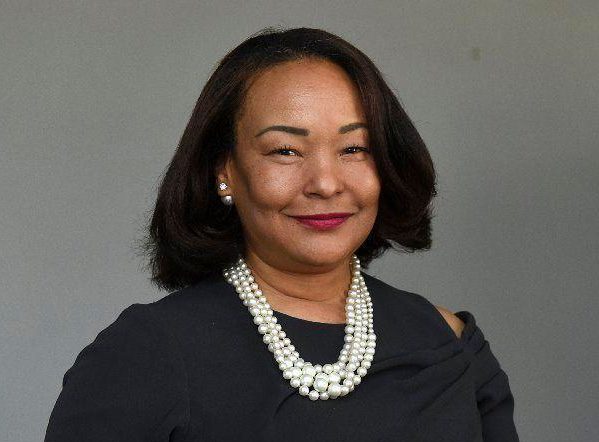 leader Walter P. Carter and the current front-runner for the Maryland Senate in the 41st District. She is looked to by some to bring a measure of sanity and commitment to grassroots community issues, particularly those that impact the Afrikan and Afrikan-Descendant community, to the Maryland Legislature. (Examples include stands against mass incarceration of youth, advocacy for police oversight, and her opposition to the
leader Walter P. Carter and the current front-runner for the Maryland Senate in the 41st District. She is looked to by some to bring a measure of sanity and commitment to grassroots community issues, particularly those that impact the Afrikan and Afrikan-Descendant community, to the Maryland Legislature. (Examples include stands against mass incarceration of youth, advocacy for police oversight, and her opposition to the 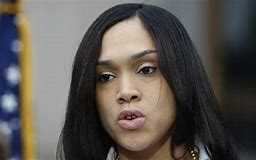 The first is to be found in the race for the Democratic nomination for State’s Attorney for Baltimore City. The two front-runners are the incumbent, Marilyn Mosby (pictured, left), and her main primary challenger, attorney Ivan Bates. I know of respected people in the community, and among activists, who back both candidates.
The first is to be found in the race for the Democratic nomination for State’s Attorney for Baltimore City. The two front-runners are the incumbent, Marilyn Mosby (pictured, left), and her main primary challenger, attorney Ivan Bates. I know of respected people in the community, and among activists, who back both candidates. 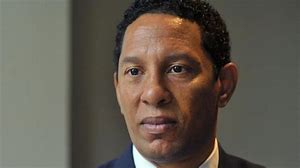
 fool the voters” into seeing him as a progressive Democrat, despite the fact that he supposedly had voted against gun-control legislation up to ten times and had received an “A” rating from the National Rifle Association (NRA), along with significant campaign contributions from them.
fool the voters” into seeing him as a progressive Democrat, despite the fact that he supposedly had voted against gun-control legislation up to ten times and had received an “A” rating from the National Rifle Association (NRA), along with significant campaign contributions from them. 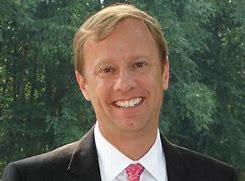 allowed him to finally vote in favor of the legislation as “window dressing” without alarming NRA supporters. Firmin DeBrabander, however, in an April 5 commentary in the same Baltimore Sun (“Could the Baltimore County executive race come down to NRA support?”, at
allowed him to finally vote in favor of the legislation as “window dressing” without alarming NRA supporters. Firmin DeBrabander, however, in an April 5 commentary in the same Baltimore Sun (“Could the Baltimore County executive race come down to NRA support?”, at 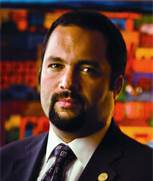 These two campaigns, in particular, present a contrast to the Maryland gubernatorial race, which seems to have concentrated on the leading candidates — former NAACP Executive Director Ben Jealous (pictured, left) and Prince Georges County executive Rushern Baker (pictured, below) — and those seeking to catch them in later polling (former Michelle Obama aide Krish Vignarajah, author and former Obama administration official Alec Ross, state senator Rich Madaleno, and the Baltimore-based Jim Shea-Brandon Scott team) emphasizing their campaigns’ commitments to reverse the more objectionable aspects of current governor Larry Hogan’s direction for Maryland by backing gun control, legalization of marijuana, aid for the schools and improvements in the training and behavior of police rather than attacking each
These two campaigns, in particular, present a contrast to the Maryland gubernatorial race, which seems to have concentrated on the leading candidates — former NAACP Executive Director Ben Jealous (pictured, left) and Prince Georges County executive Rushern Baker (pictured, below) — and those seeking to catch them in later polling (former Michelle Obama aide Krish Vignarajah, author and former Obama administration official Alec Ross, state senator Rich Madaleno, and the Baltimore-based Jim Shea-Brandon Scott team) emphasizing their campaigns’ commitments to reverse the more objectionable aspects of current governor Larry Hogan’s direction for Maryland by backing gun control, legalization of marijuana, aid for the schools and improvements in the training and behavior of police rather than attacking each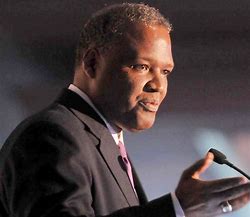 other. But the odds are, even if the candidates for governor do not resort to negative campaigns against each other in the primaries, that tone could well change in the general election when the victor goes up against a Republican incumbent governor who has received an unusual amount of support from Democratic voters and Afrikan-American citizens and community activists.
other. But the odds are, even if the candidates for governor do not resort to negative campaigns against each other in the primaries, that tone could well change in the general election when the victor goes up against a Republican incumbent governor who has received an unusual amount of support from Democratic voters and Afrikan-American citizens and community activists.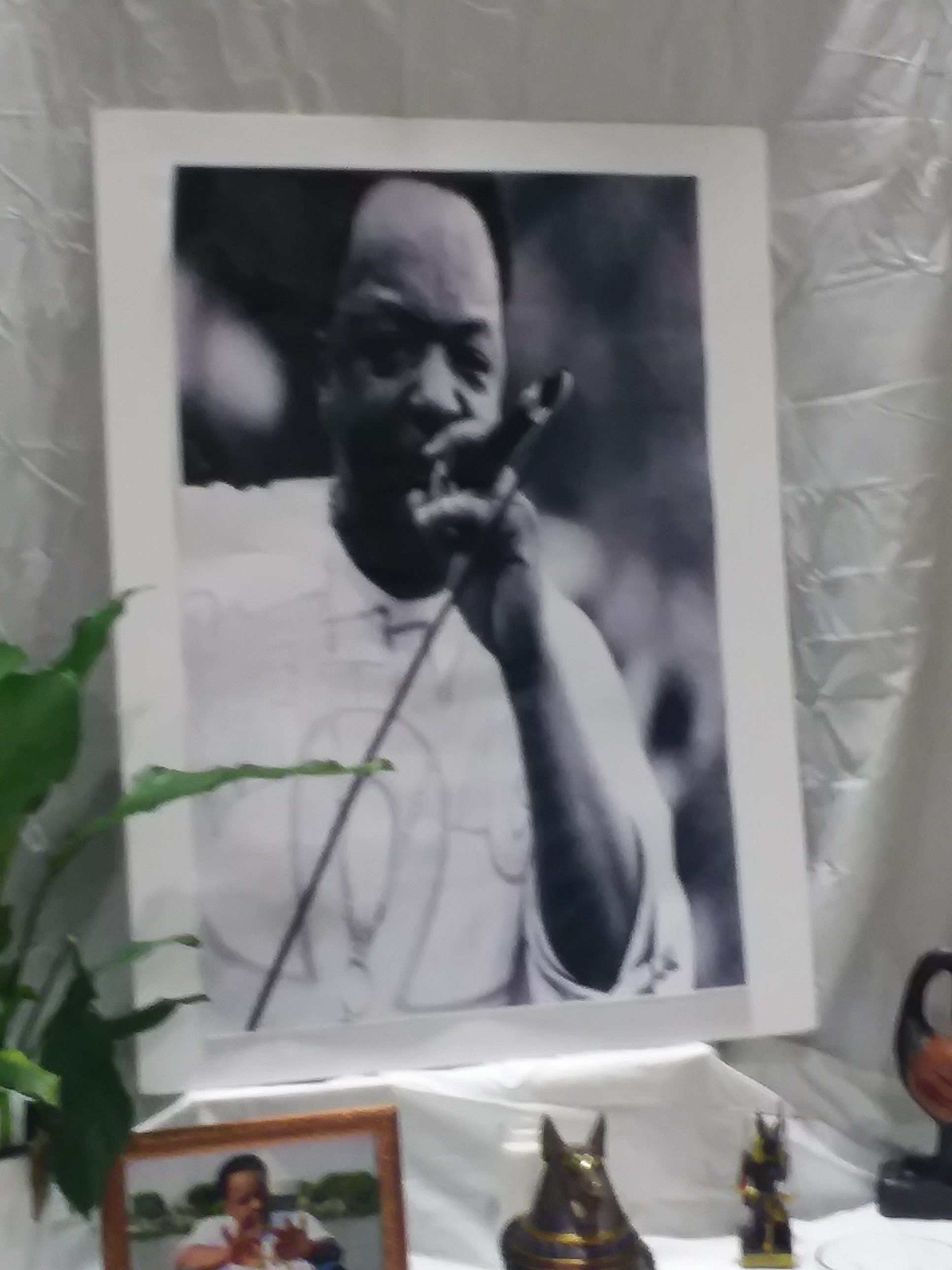
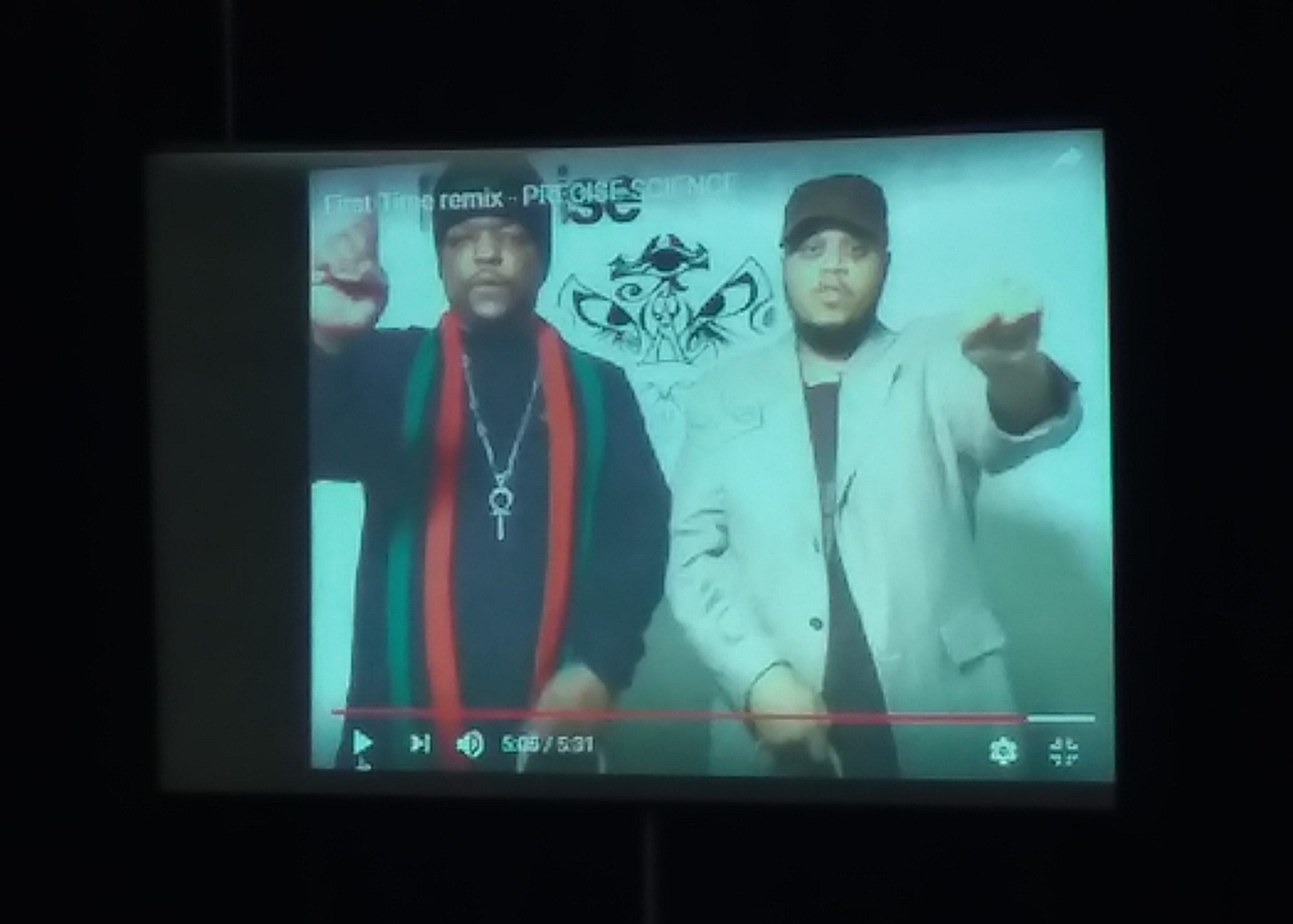
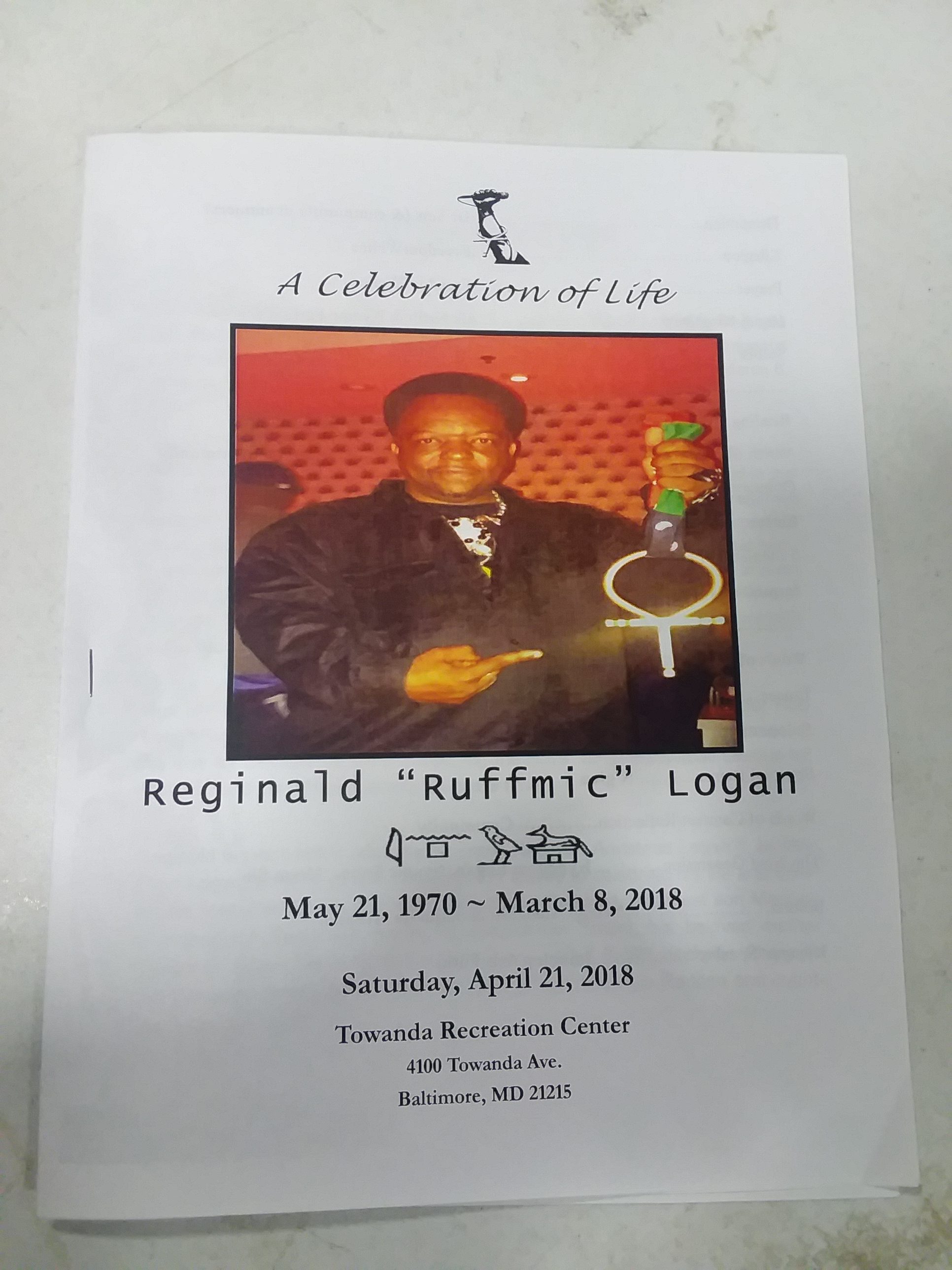
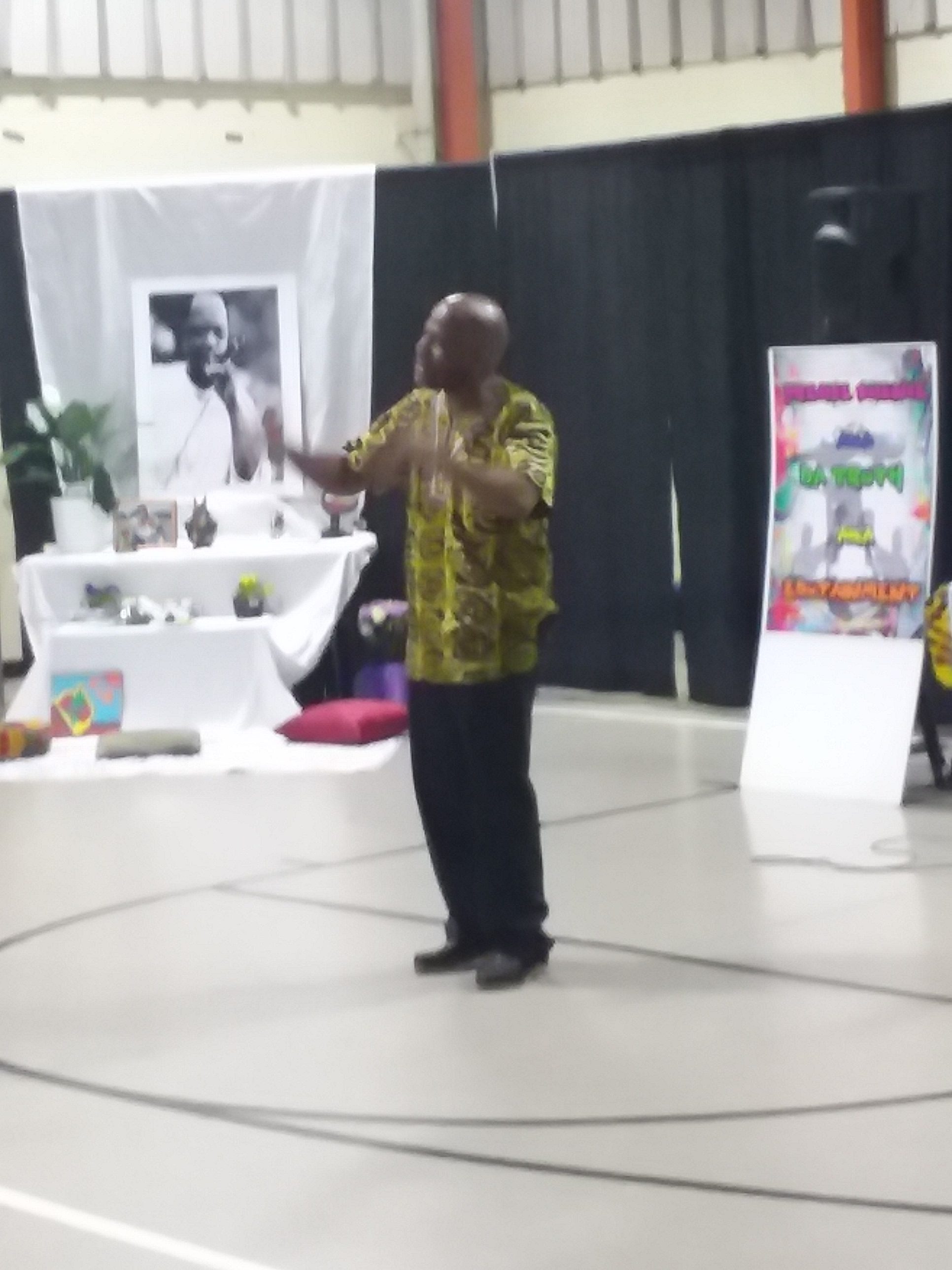
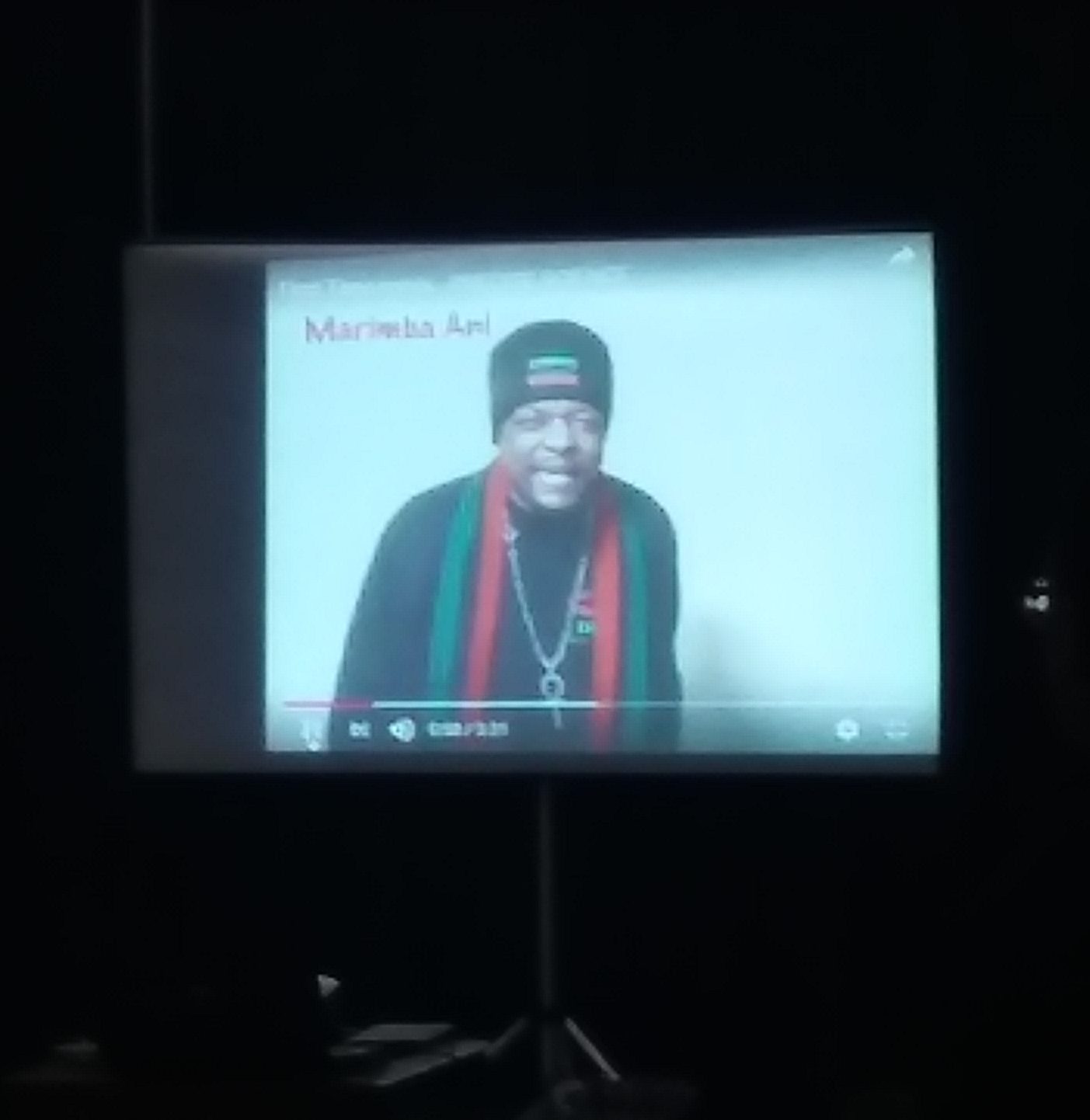
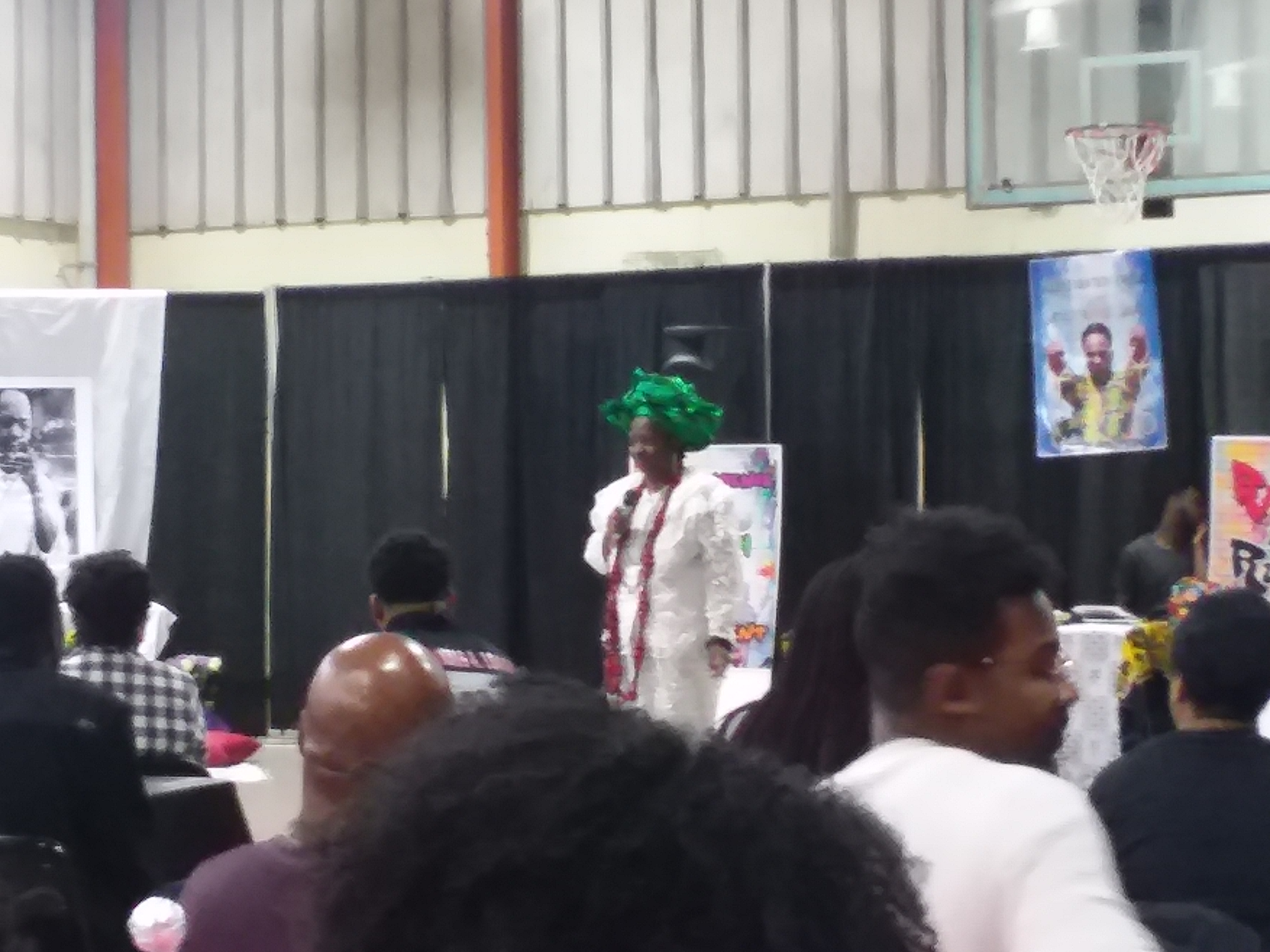
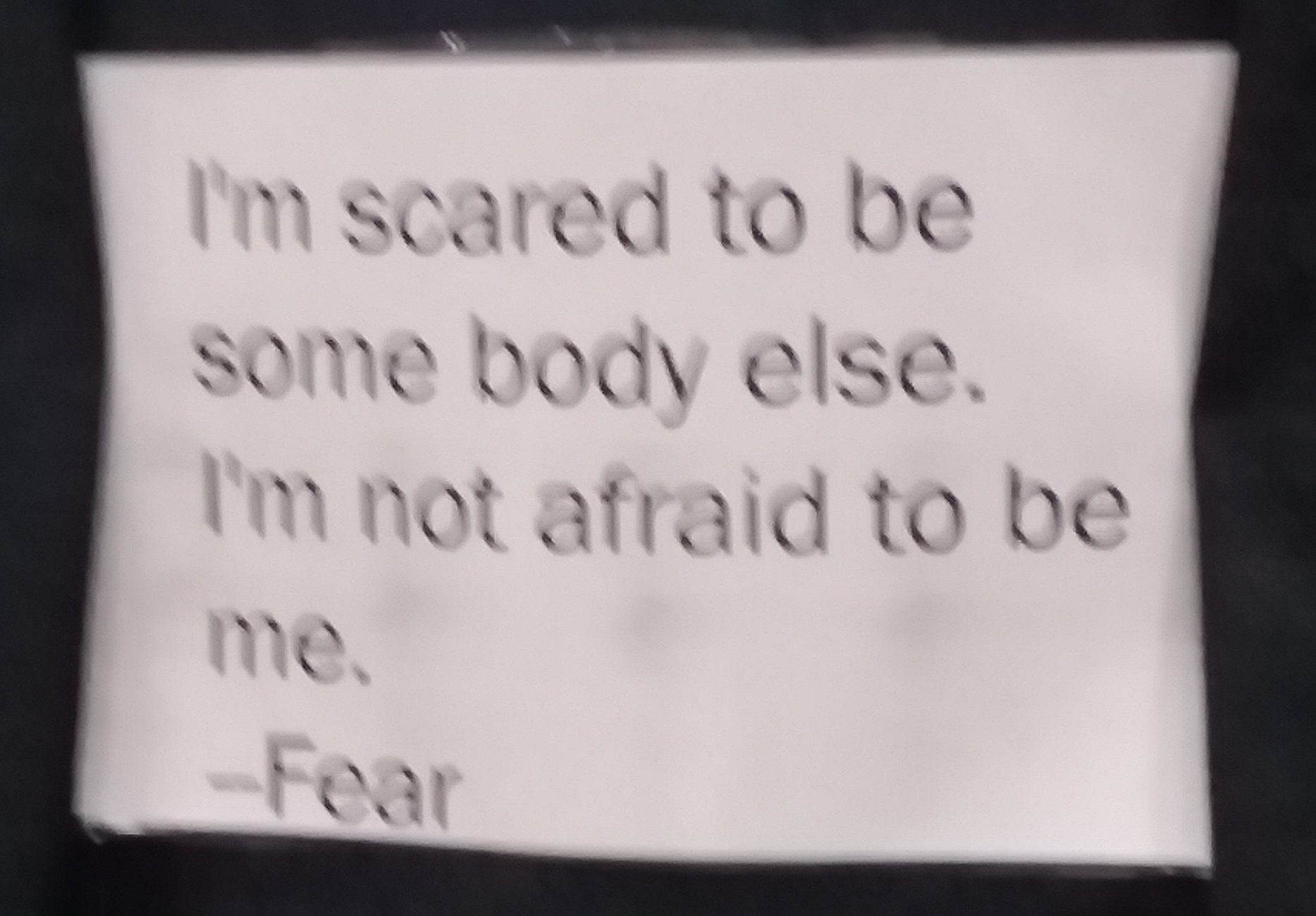
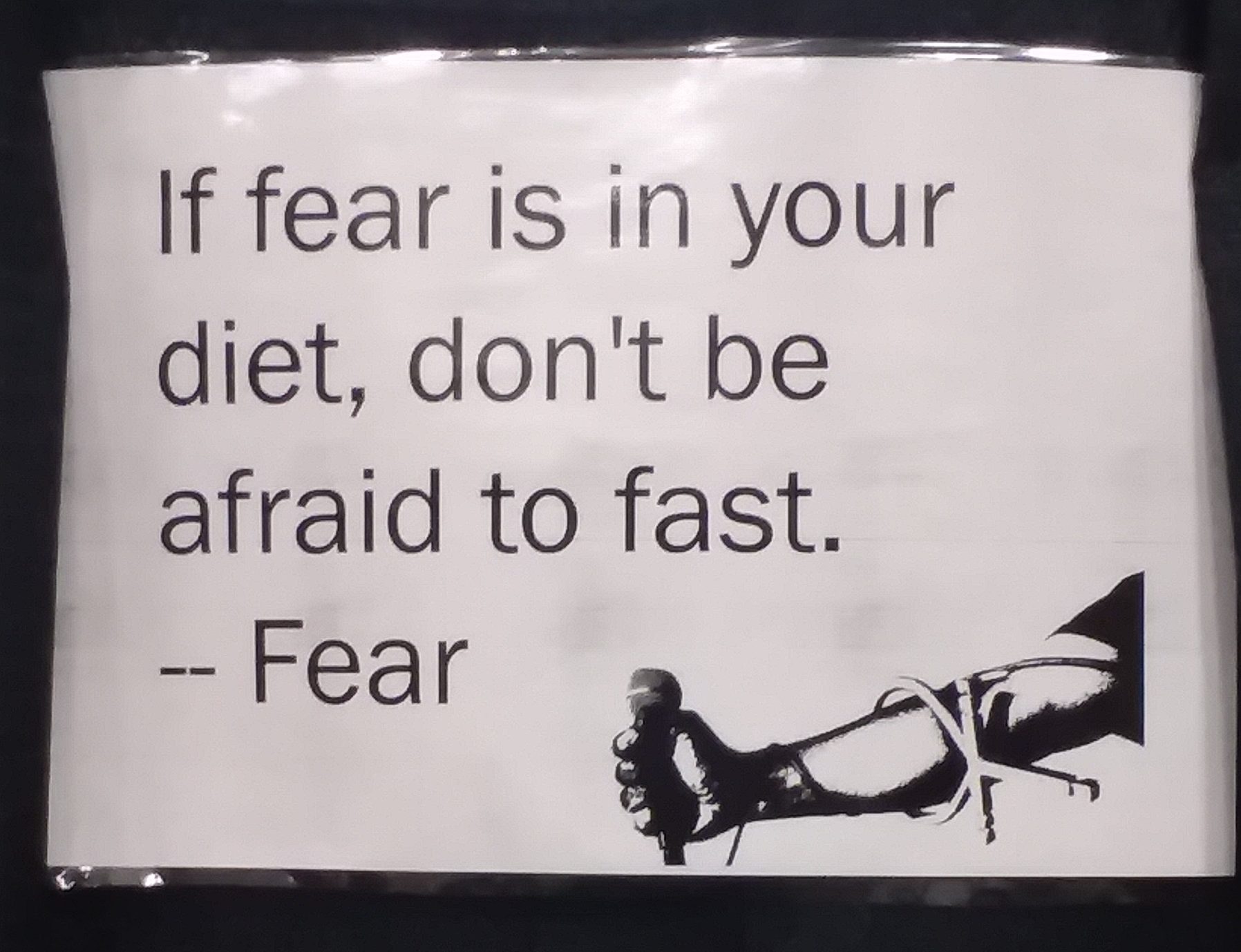
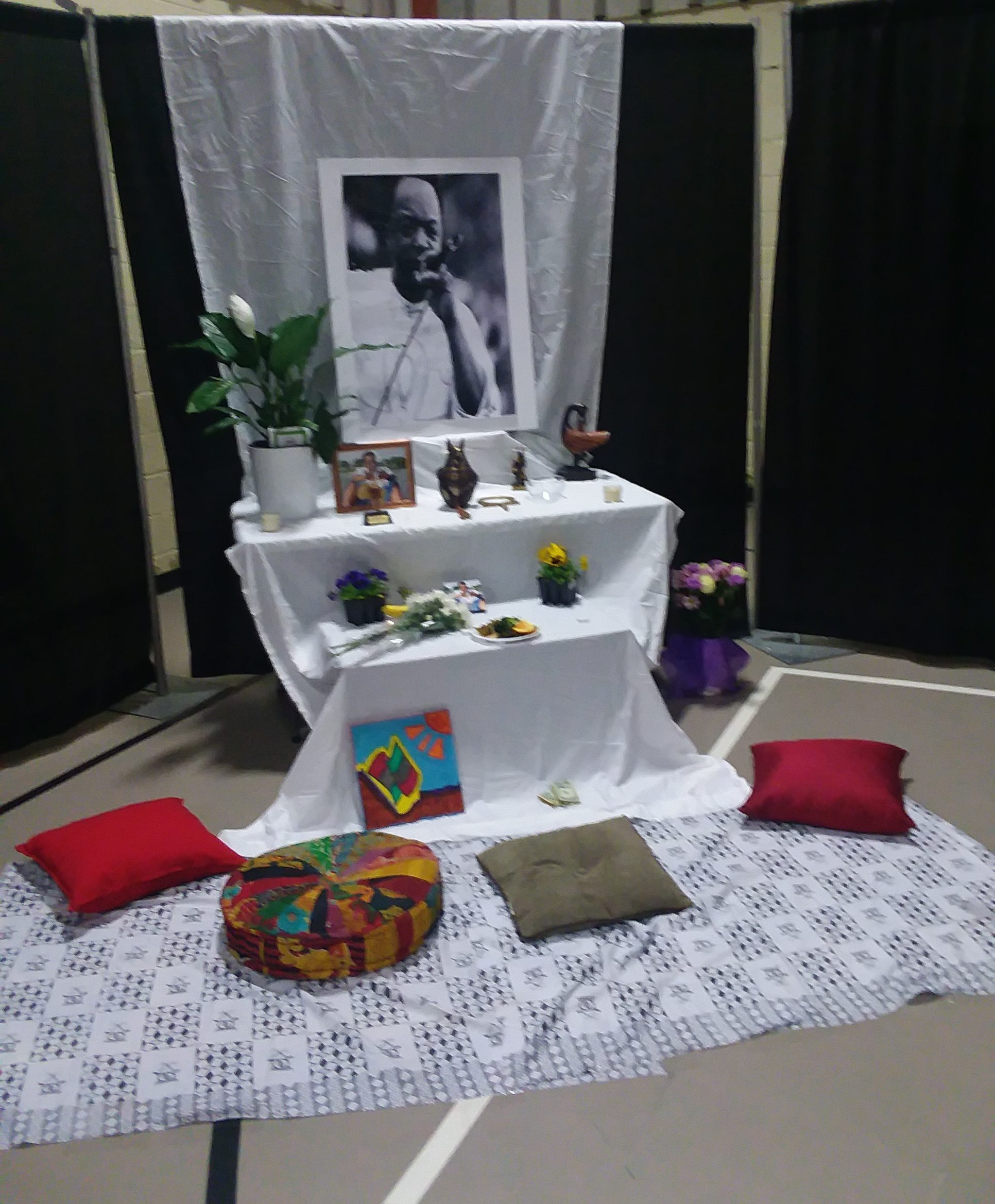
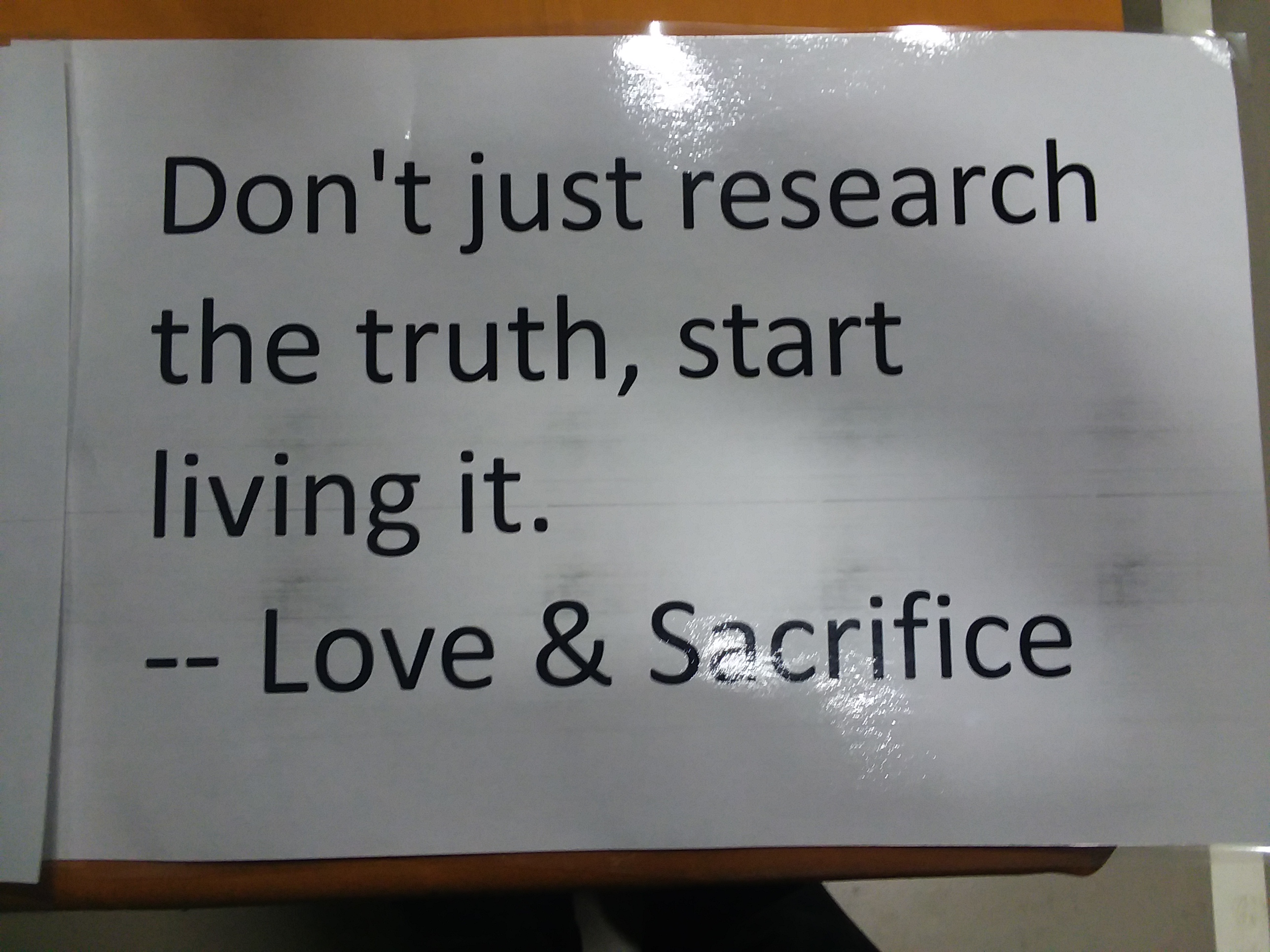
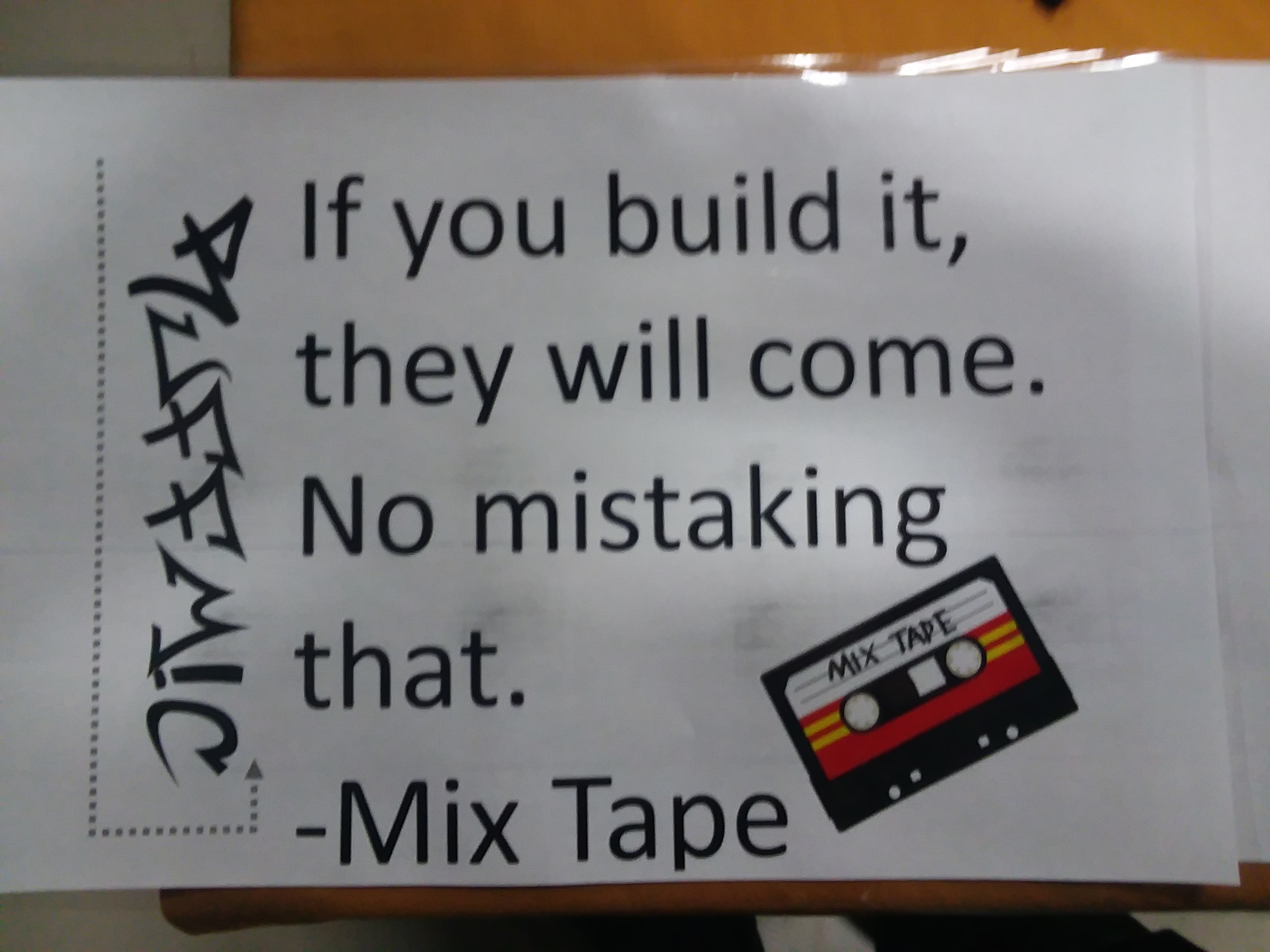
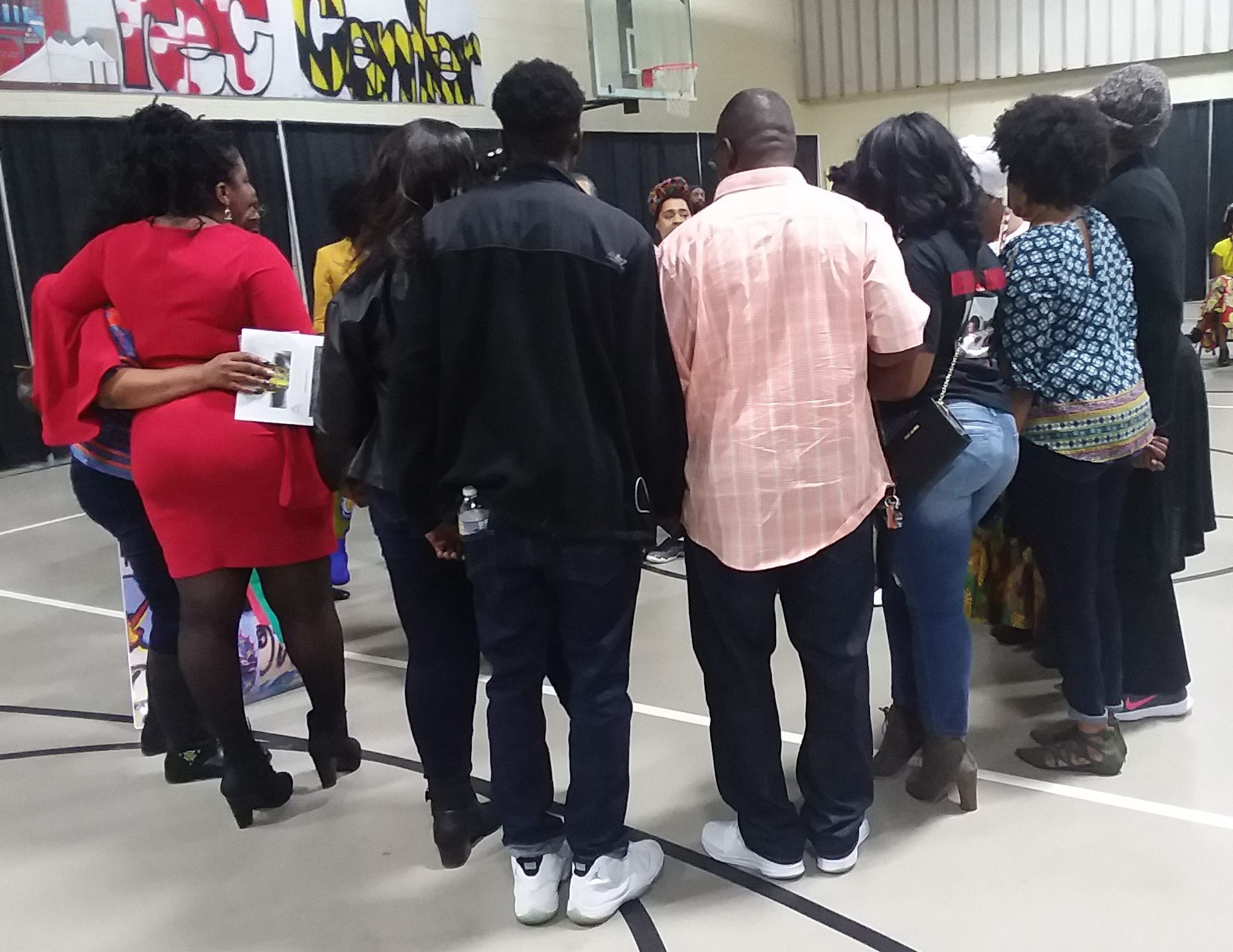
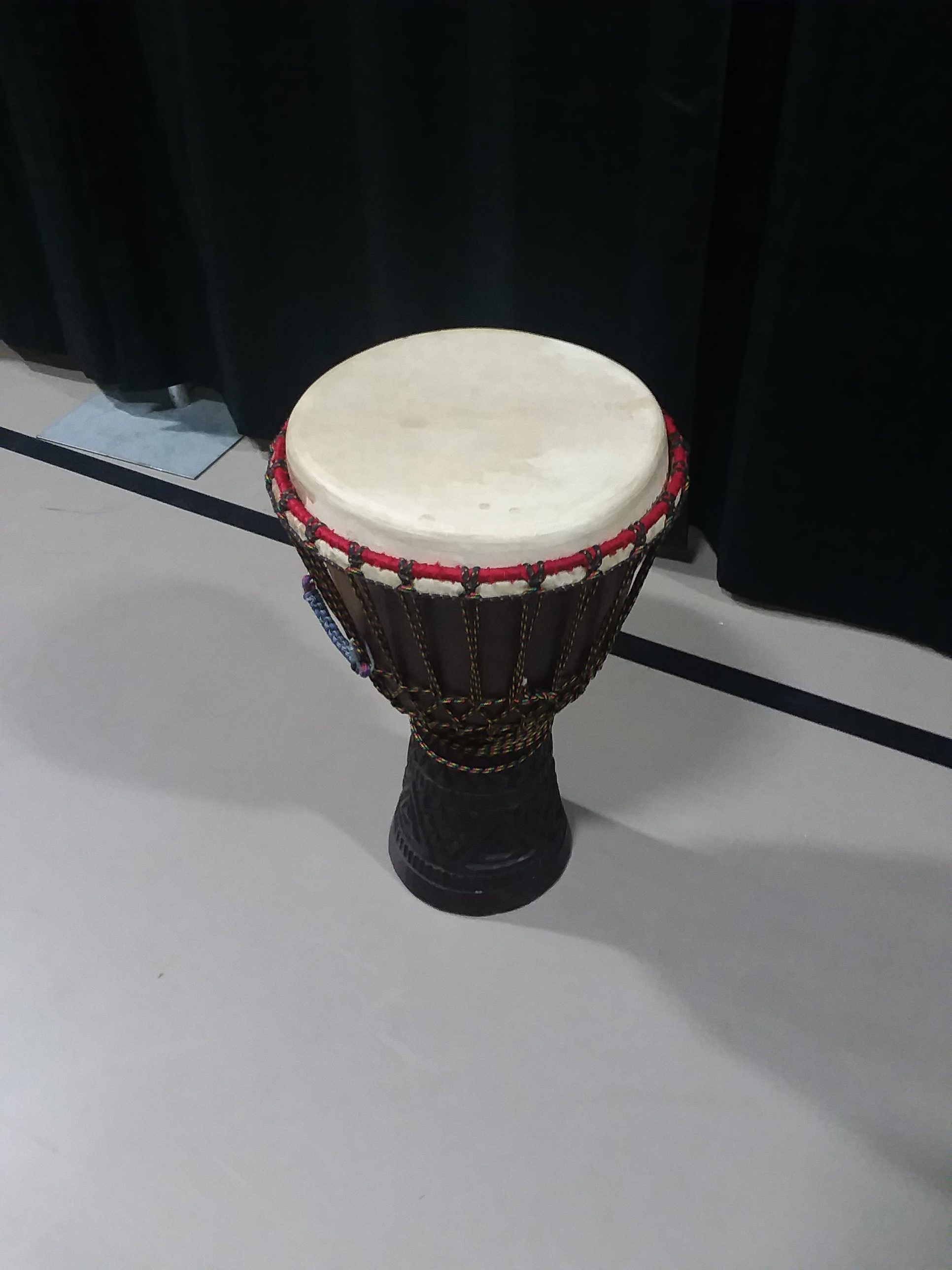
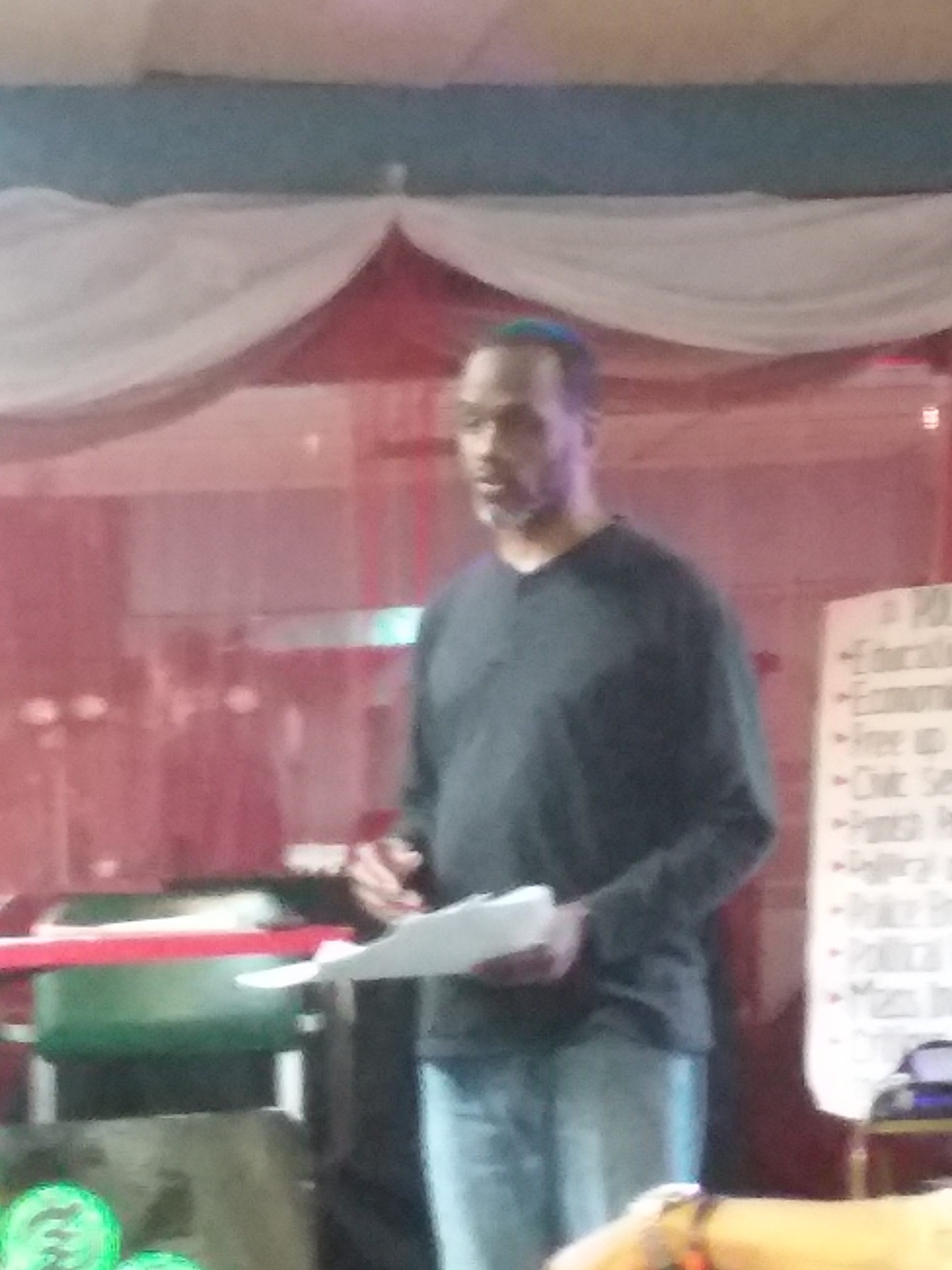 This is a continuation of the report on the Saturday, April 14 Pan-African Town Hall Meeting of 2018, which was held at the historic Arch Social Club, located in the Penn-North neighborhood of West Baltimore. The Town Hall Meetings have been held since 2007 by the Sixth Region Diaspora Caucus to bring the grassroots Afrikan-Descendant community in Maryland together, hear their concerns, share SRDC’s plan for establishing the Diaspora’s voice in the international arena, and establish a representative delegation from the state of Maryland that would include State Representatives, Observers and a Council of Elders.
This is a continuation of the report on the Saturday, April 14 Pan-African Town Hall Meeting of 2018, which was held at the historic Arch Social Club, located in the Penn-North neighborhood of West Baltimore. The Town Hall Meetings have been held since 2007 by the Sixth Region Diaspora Caucus to bring the grassroots Afrikan-Descendant community in Maryland together, hear their concerns, share SRDC’s plan for establishing the Diaspora’s voice in the international arena, and establish a representative delegation from the state of Maryland that would include State Representatives, Observers and a Council of Elders.  “We are a grassroots think tank that explicitly advocates for the interests of Black people in the political arena.
“We are a grassroots think tank that explicitly advocates for the interests of Black people in the political arena.